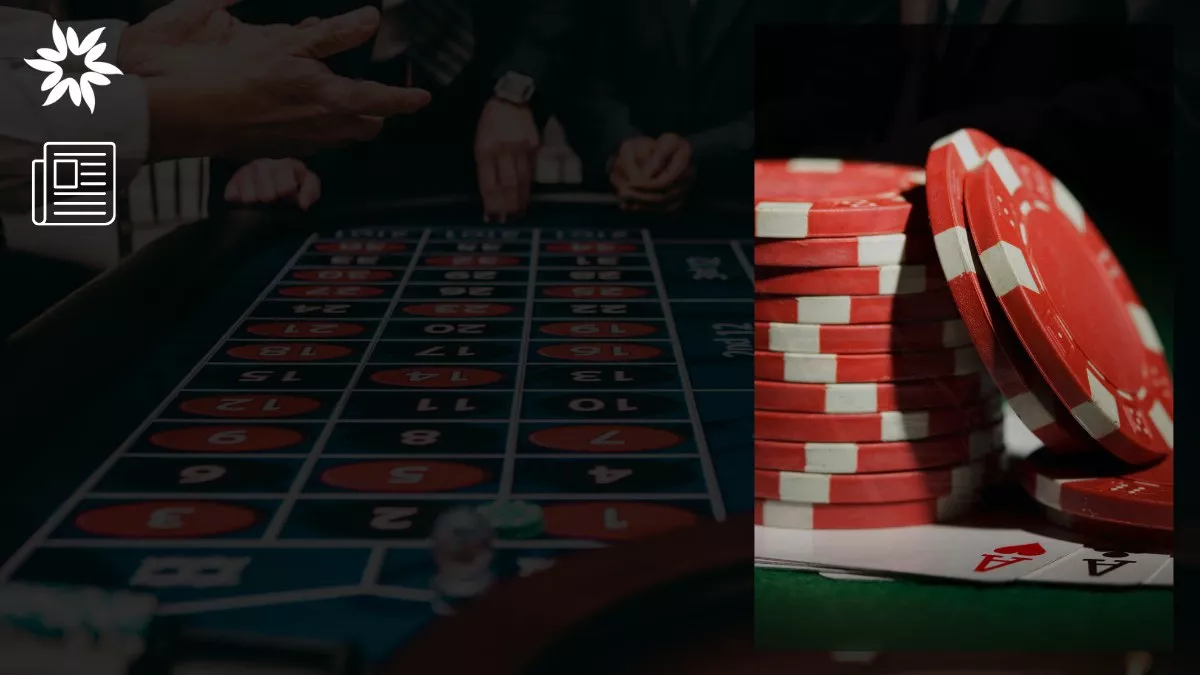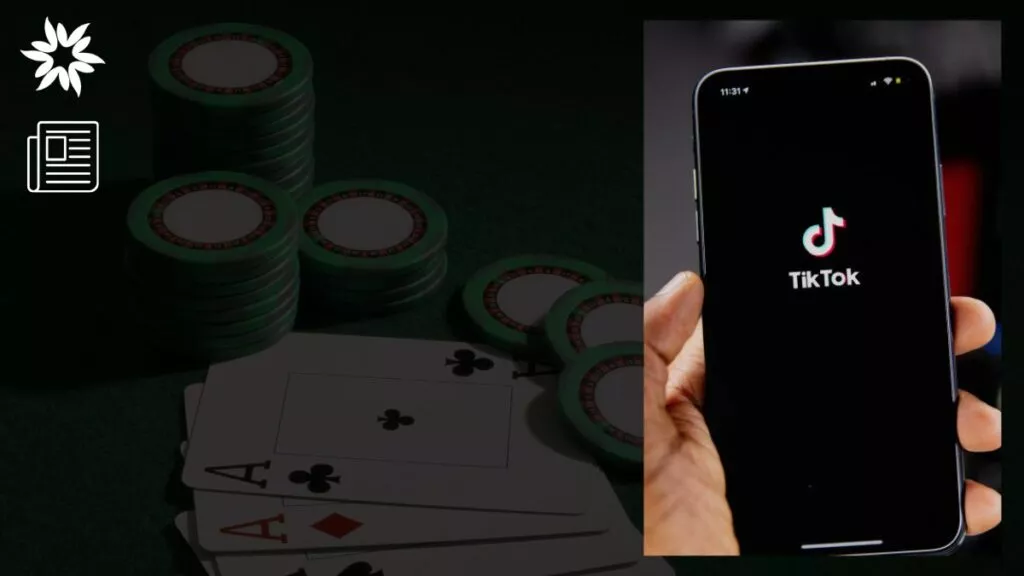Our editorial team reviews every brand and product we recommend. If you buy through our links, we may earn a commission, at no extra cost to you.

The tangled relationship between betting habits and drug dependency has surfaced as a pressing health crisis across communities nationwide.
With gambling opportunities now available at the tap of a screen, experts worry about the growing overlap between these two behavioral patterns.
The gambling addiction vs. drug addiction comparison reveals troubling similarities that treatment specialists are scrambling to address.
Betting problems grip millions worldwide, with research painting a troubling picture of a growing crisis: global gambling addiction rates hover between 1.2% and 6.0%, according to recent health surveys.
Cultural attitudes, legal frameworks, and economic conditions all play crucial roles in determining these figures.
The gambling psychology behind addiction varies dramatically across borders, with Latvia topping the charts at a concerning 6% prevalence rate—a statistic experts attribute to widespread social acceptance and financial hardship.
The dangerous dance between betting tables and bottle service continues to alarm health professionals. Research confirms what many addiction specialists have long suspected: problem gamblers face substantially higher risks of substance abuse issues.
A revealing study found that nearly 60% of gambling disorder patients struggled with additional addictions. The alcohol and gambling addiction link was particularly stark, with 13.9% battling alcoholism alongside their betting problems.
Another 20.9% wrestled with tobacco dependency.
Experts describe a troubling two-way street between these addictions. Those already dealing with drinking and gambling problems are three to five times more likely to develop problematic betting behaviors than the general population.
“It’s a vicious cycle,” notes one specialist who requested anonymity. “Alcoholism and gambling feed each other in particularly destructive ways.”
The combination proves especially devastating to mental health. Patients juggling both alcohol and gambling issues show dramatically higher rates of depression and anxiety compared to those with single addictions.
This reality has prompted calls for treatment approaches that tackle the full spectrum of addictive behaviors rather than addressing them in isolation.
The rapid expansion of legalized wagering across America’s digital landscape has triggered alarm bells among addiction specialists. With sports betting now permitted in 38 states, experts fear a looming crisis of dependency issues nationwide.
“The gambling addict faces a disease as devastating as any other addiction,” warned former NFL player Johnson Bademosi in a recent statement. He emphasized that those with a gambling problem don’t suffer alone—their families and loved ones bear the brutal ripple effects as well.
The shift from back-alley bookies to smartphone apps has removed traditional barriers to betting, putting countless Americans just one tap away from potential financial ruin.
Young men struggling with mental health issues find themselves at the highest risk for destructive betting behaviors, according to recent research. An alarming 94% of those with gambling addictions battle at least one additional psychological disorder, from alcohol dependency to clinical depression.
“The psychology of gambling reveals complex patterns of vulnerability,” notes a researcher familiar with the findings. “It’s never just about money—it’s about escape, thrill-seeking, and often, self-medication.”
Economic factors paint an equally troubling picture. A Finnish study reveals that individuals with less education and lower incomes typically spend more on betting activities despite having fewer financial resources to spare.
Similar patterns emerge with alcohol abuse. Lower socioeconomic status dramatically increases alcohol-related mortality—66% for men and a staggering 78% for women.
The racial dynamics of addiction add another layer of complexity. White men face a 72% higher risk of developing problematic gambling behaviors compared to 54% of black males. Most affected individuals fall within the lowest income brackets and the 30-44 age range.
These findings highlight why gambling is bad for certain vulnerable populations, underscoring the need for targeted intervention strategies that address both cultural and socioeconomic factors.
The road to recovery for those battling dual addictions remains filled with obstacles, despite growing treatment options. Many sufferers continue to face judgment and dismissal when seeking help.
“I can stop anytime I want,” and “It’s just entertainment, not an addiction” are among the common things gambling addicts say to minimize their struggles, according to clinicians. A Polish study confirms that these denials mirror those used by substance abusers, pointing to a troubling pattern of self-deception across addiction types.
Progress is slowly emerging on the treatment front. Last December, New Jersey’s Department of Human Services took a bold step by funding dedicated gambling disorder specialists within existing addiction centers.
“By integrating gambling disorder services, we hope to bring co-occurring gambling disorder into the mental health and substance use disorder treatment network,” explained Deputy Commissioner Valerie Mielke, “so more people can get the services they need to support their recovery.”
Digital solutions are also breaking down traditional barriers. Virtual Intensive Outpatient Programs now offer flexible treatment options for those unable to attend in-person sessions due to work constraints, transportation issues, or fear of stigma.
These online platforms have shown promising results in keeping patients engaged throughout the difficult recovery process, giving hope to those battling multiple addictions simultaneously.
The age-old question of how addictive gambling is compared to drugs continues to puzzle addiction specialists across the country. Recent neuroscience research reveals striking similarities in how both hijack the brain’s pleasure centers.
When placing a bet, the brain floods with dopamine—the same feel-good chemical released during drug use. This powerful neurological response explains why casual gambling can rapidly spiral into compulsive behavior for vulnerable individuals.
“The brain doesn’t always distinguish between chemical and behavioral rewards,” explains one addiction specialist who requested anonymity. “The dopamine hit can be remarkably similar.”
Despite these parallels, key differences exist. Drug addiction typically involves physical dependence, with the body developing tolerance and experiencing withdrawal when the substance is removed.
Is gambling addiction worse than drug addiction? Experts resist such simple comparisons. While gambling addiction doesn’t produce physical withdrawal symptoms like vomiting or seizures, the psychological withdrawal—marked by intense restlessness, irritability, and depression—can be equally debilitating.
Some patients actually report that gambling is more addictive than drugs in terms of psychological grip. Without the obvious physical symptoms that signal a problem, gambling disorders often progress further before intervention occurs.
Both addictions ultimately lead to similar life consequences: destroyed relationships, career implosion, and deteriorating mental health. Treatment specialists emphasize that gambling addiction requires the same serious approach as substance disorders—comprehensive therapy, support groups, and often, medication.
The dangerous tango between betting compulsions and chemical dependencies poses an increasingly urgent challenge for public health officials.
As smartphone gambling apps proliferate, experts warn the problem will only intensify without coordinated intervention.
Understanding how these twin addictions feed each other has become critical for developing meaningful solutions. The evidence is clear—treating one addiction while ignoring the other often leads to treatment failure and relapse.
As communities across the nation grapple with these intertwined crises, health advocates call for a holistic approach that addresses both gambling urges and substance abuse simultaneously. Only through such comprehensive strategies can we hope to reduce the devastating toll these dependencies take on families and neighborhoods alike.

This article was written in collaboration with our Korean translators. 슬롯사이트는 이제 전통적인 비디오 게임을 대신해 한국에서 빠르게 인기 있는…

Gambling companies are no longer shy about using different social media platforms like Facebook, Instagram, and Twitter to advertise real…

Finding the best online casinos South Korea offers is like searching for the ultimate K-drama – you want the best…